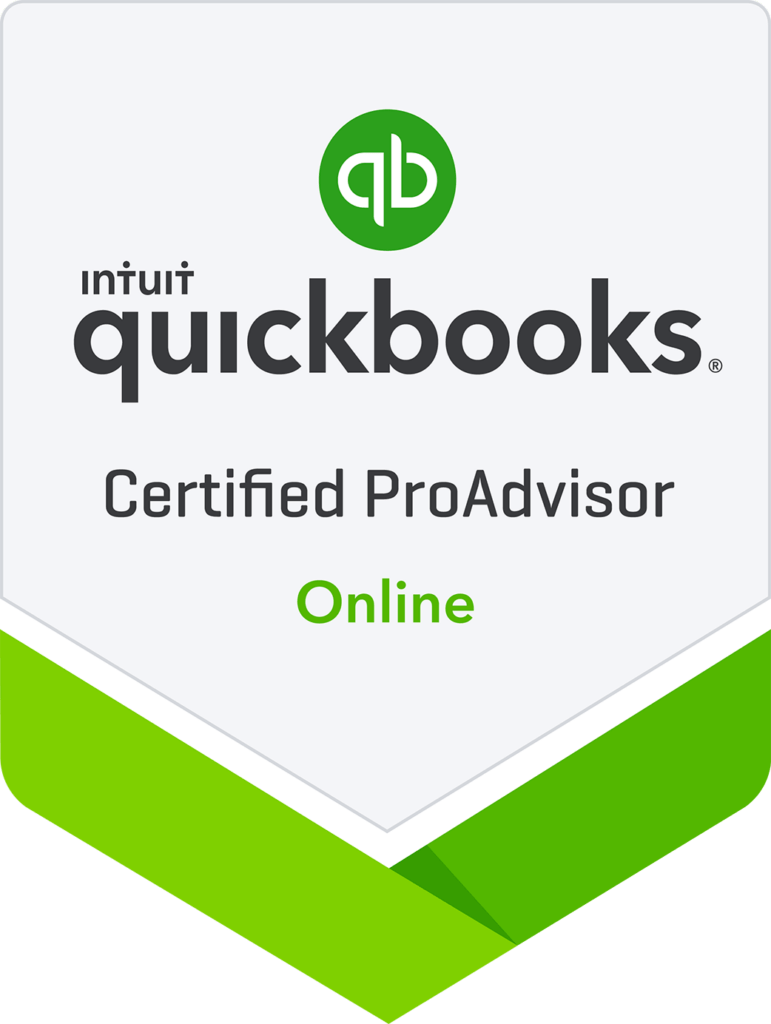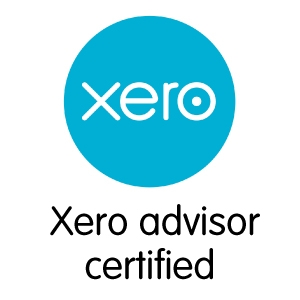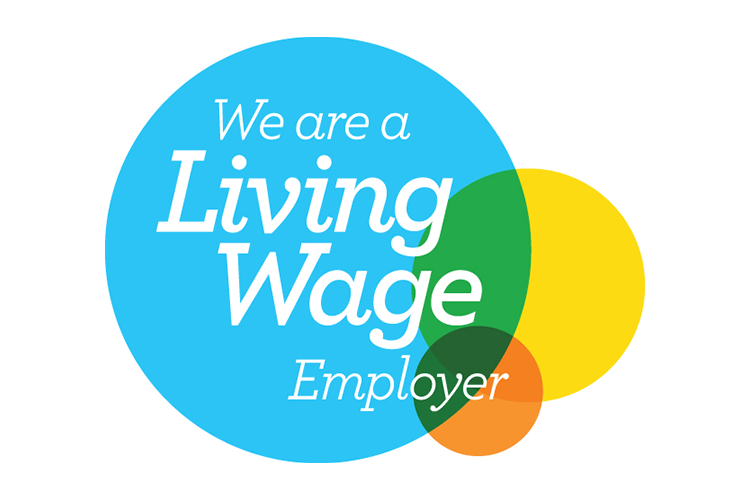What are some key tax planning strategies for SMEs?
As a small or medium-sized enterprise (SME) owner, you understand the significance of tax planning in optimising your business’s financial health. Effective tax planning can help you minimise your tax liabilities and maximise savings, allowing you to reinvest in your business’s growth and success. In this blog, we will explore essential tax planning strategies specifically tailored for SMEs, providing you with valuable insights to capitalise on available tax-saving opportunities.
Understand Your Tax Obligations:
Before delving into tax planning strategies, it’s crucial to have a clear understanding of your tax obligations. Some common types of taxes applicable to SMEs include:
- Corporation tax: Levied on a company’s profits.
- Value Added Tax (VAT): Imposed on the sale of goods and services.
- Employer taxes: Such as National Insurance Contributions (NICs) and Pay-as-you-earn (PAYE) taxes.
Seek Professional Advice:
Tax planning can be complex, and the tax landscape is constantly evolving. Engaging the services of a professional tax advisor or accountant can provide valuable expertise and ensure compliance with current tax regulations. They can help you identify applicable tax incentives, deductions, and credits specific to your business.
Take Advantage of Available Deductions and Allowances:
Maximise your tax savings by taking advantage of deductions and allowances relevant to SMEs. Consider the following:
- Capital allowances: Claiming tax relief on eligible capital expenditures, such as equipment, machinery, or vehicles.
- Research and Development (R&D) tax credits: If your business engages in qualifying R&D activities, you may be eligible for tax credits or enhanced deductions.
- Employment-related deductions: Explore tax relief opportunities for employee benefits, training expenses, or contributions to pension schemes.
- Data Risk Compliance: If you are a business that holds and processes data, you may be eligible to reduce corporation tax by accounting for the value of data.
Utilise Tax-efficient Structures:
Choosing the right legal and business structure can significantly impact your tax liabilities. Consider the following options:
- Incorporation: Converting your business into a limited company may provide tax advantages, such as lower tax rates and increased flexibility in profit distribution.
- Partnerships: Depending on your circumstances, operating as a partnership may offer tax planning opportunities, including profit sharing and tax-efficient withdrawal of funds.
Plan for Capital Gains Tax (CGT):
Effective management of capital gains can lead to substantial tax savings. Consider the following strategies:
- Entrepreneur’s Relief: If you are selling or disposing of part or all of your business, you may be eligible for a lower rate of CGT through Entrepreneur’s Relief.
- Annual exemptions: Utilize the annual CGT exemption to offset gains against allowable losses, reducing your overall CGT liability.
Stay Informed About Tax Changes and Deadlines:
Tax regulations and deadlines are subject to change. Stay informed and ensure compliance by:
- Regularly reviewing HM Revenue & Customs (HMRC) updates and announcements.
- Keeping track of important tax deadlines to avoid penalties and interest charges.
Plan Ahead:
Proactive tax planning involves looking ahead and strategising for the future. Consider the following:
- Forecasting and budgeting: Anticipate your business’s financial position to plan for tax payments and identify potential tax-saving opportunities.
- Succession planning: Plan for the tax-efficient transfer of your business to the next generation or a new owner.
Implementing effective tax planning strategies is crucial for SMEs to optimise their financial resources and maximise savings. By understanding your tax obligations, seeking professional advice, leveraging available deductions and allowances, utilising tax-efficient structures, planning for CGT, staying informed about tax changes, and planning, you can navigate the complex tax landscape with confidence. Remember, partnering with a professional accounting firm experienced in SME tax can provide the expertise and guidance needed to ensure you capitalise on all available tax-saving opportunities. With strategic tax planning, you can create a solid foundation for your business’s growth, success, and long-term sustainability.












